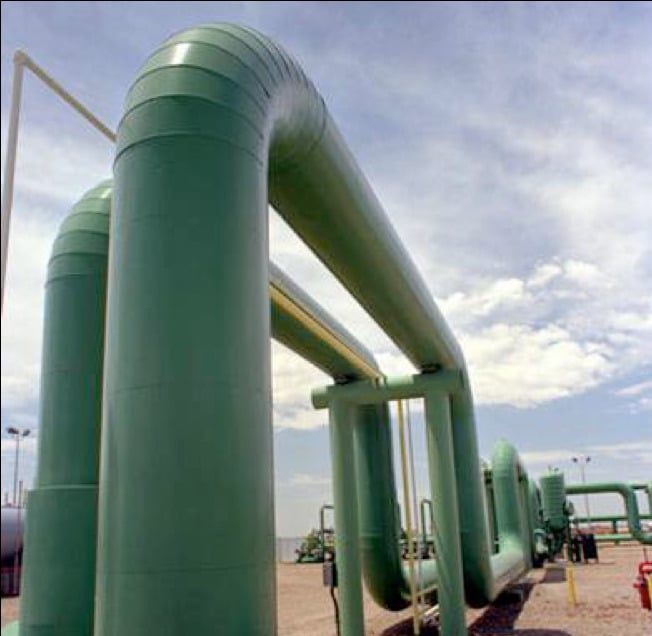by Emiliano Bellini* Hydrogen and hydrogen-based fuels will not be able to move forward fast enough to replace fossil fuels and tackle climate change, according to a German-Swiss research team that claims direct electrification alternatives are cheaper and easier to implement. The scientists cite too-high prices, short-term scarcity and long-term uncertainty, as the main reasons for their skepticism
Hydrogen, and electrofuels (e-fuels) produced with hydrogen are currently raising high expectations as a form of energy that could pervade all sectors, including mobility and heating. However, they will likely not be able to fully decarbonize the global economy, due to lack of capacity and too-high prices.
This conclusion was drawn in research conducted by scientists from the Potsdam Institute for Climate Impact Research, in Germany, and the Paul Scherrer Institute, in Switzerland, in which they stated that the use of hydrogen-based fuels should be prioritized in sectors that are difficult to electrify, such as long-distance aviation, feedstocks in chemical production, steel production and high-temperature industrial processes.
The scientists cite short-term scarcity and long-term uncertainty as a major obstacle for hydrogen to reach sectors that are easier to electrify, such as transport and heating, although hydrogen fuels will probably not be completely excluded from applications of this kind. “There will likely be small-scale niche applications and also regional-specific responses to this question,” researcher Falko Ueckerdt told pv magazine.
“If we use hydrogen-based fuels instead of direct electrification alternatives, two to 14 times the amount of electricity generation is needed, depending on the application and the respective technologies,” explained research co-author Romain Sacchi. “Efficiency losses happen both on the supply side, in the production process of the hydrogen-based fuels, and on the demand side – a combustion engine wastes a lot more energy than an electrical one.”
The academics defined the current race for green or blue hydrogen and e-fuels as a “potential distraction” from the task of electrifying the global economy, which they claim is more urgent as well as cheaper and easier to achieve. E-fuel costs, on the other hand, may become competitive only if carbon prices will rise significantly before the end of this decade – a scenario that the German-Swiss group described as rather unlikely.
“Even if assuming 100% renewable electricity, the costs of avoiding one ton of CO2 emissions by using hydrogen-based fuels would currently be €800 for liquid and €1,200 for gaseous fuels,” the research team explained. “This is much higher than current CO2 prices, for instance in the European Emissions Trading Scheme, which currently are below €50 per ton.”
(for further reading, visit pv-magazine.com)
* Emiliano joined pv magazine in March 2017. He has been reporting on solar and renewable energy since 2009. Emiliano is responsible for the daily news coverage on pv-magazine.com with a particular focus on European market. Emiliano also covers new technology, R&D, installations and company financial reporting. In its previous experience as a journalist, Emiliano has written about EdTech and new language technologies.




